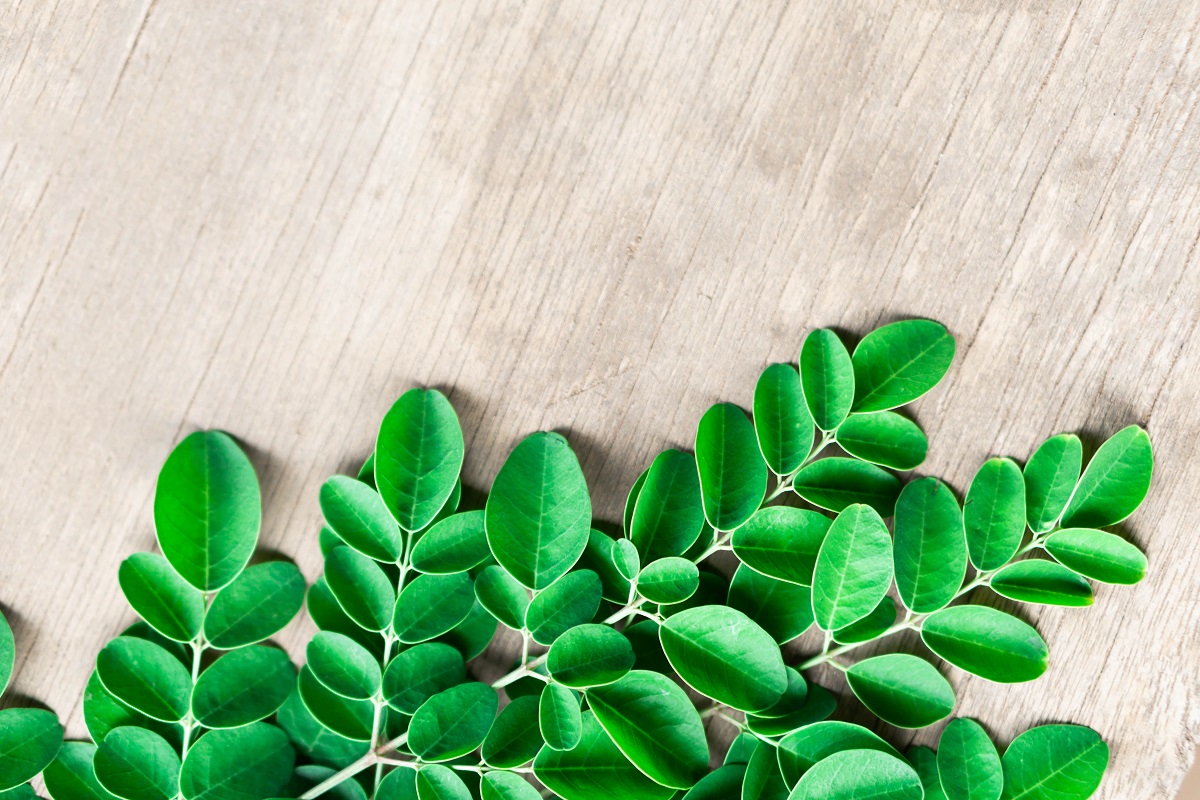Everything You Need to Know About Moringa
Share
The history of Moringa is an interesting one. Moringa is a plant native to the drier regions of India, Africa, and various other parts of Asia. Its leaves are used as a food source in some cultures, while others supplement them with their leaves purported to help with mental focus and wellness. The leaves of the moringa tree are the most nutrient dense food ever tested. The leaves contain over 90 different nutrients. And since this is a plant, your body can easily absorb them, unlike vitamins you buy in stores.

Other names for moringa
Moringa is a tree that bears a leaf that has been used by many cultures and has a long history of use in folk medicine as a remedy. It is commonly known as "The Tree of Life" ("the plant with the Most Seeds"). The leaves contain over 90 different nutrients, including vitamin A, C, E, and beta carotene. Other names used to refer to Moringa include drumsticks (due to the appearance of their branches). It is also sometimes referred to as horseradish tree, malunggay, moringa oleifera, deer's tongue, or ben oil tree. The plant is quickly gaining popularity in the medical world as well.
Uses of moringa
Moringa oil and moringa leaves are both high in nutrition. But the leaves take the crown when it comes to nutrients. Even though Moringa oil has more nutrients than any other oil, the leaves contain way more nutrients than the oil. The oil is unsurpassed as a moisturizer for your skin as this amazing oil is actually absorbed into your skin. It also aids with healing your skin and it's great for cuts, scrapes and burns. Moringa oil is the most widely used botanical oil globally, with more than 60% of global production being extracted from a single plant species (Moringa oleifera). It is also used as an oil for your skin and hair, a lubricant for fine mechanical workings like a wristwatch, or eliminating a squeaky door or drawer, and has been used to fight malnutrition. In addition, moringa seeds and leaves are a valuable source of protein in some regions where meat is not readily available or not desired.
Moringa health benefits
Moringa has various health benefits such as reduction of cholesterol, reduction of blood sugar, Increase lactation, and breast milk production. It has been used to treat diabetes, heart diseases, and kidney problems. The leaf has anti-inflammatory properties, in fact it contains 36 different anti-inflammatory compounds and over 46 different antioxidants which will help fight some types of cancers (including skin cancer). It is also used to treat rheumatoid arthritis, stomach ulcers, and respiratory infections as well as promoting your every day health. Better health through better nutrition.
Why you should incorporate moringa in your diet
Incorporating Moringa into your diet can help balance your PH levels and allow for the absorption of vitamins and minerals more effectively. The leaves are incredibly high in protein and rich in vitamin C and iron. Moringa can come in many forms such as oil, powder, and tea and even a sweet tasting extract. An easy way to incorporate moringa into your daily routine is by mixing moringa powder into a green shake or smoothie. It is also convenient to buy moringa capsules to take on the go.
In summary, Moringa is a plant that has been around for a very long time. It is a humble little plant, but it contains more nutrients than any other food source which can be highly beneficial to your health. Incorporating Moringa into your diet in some form or another is recommended to improve your overall health and wellness.



